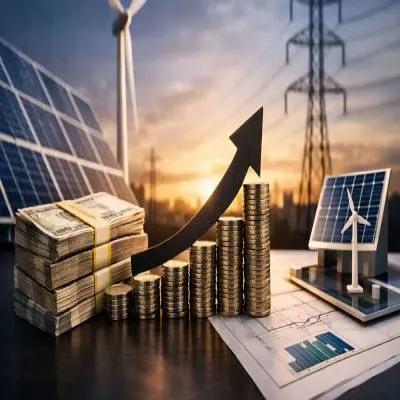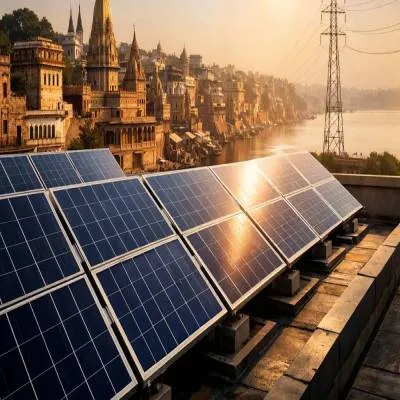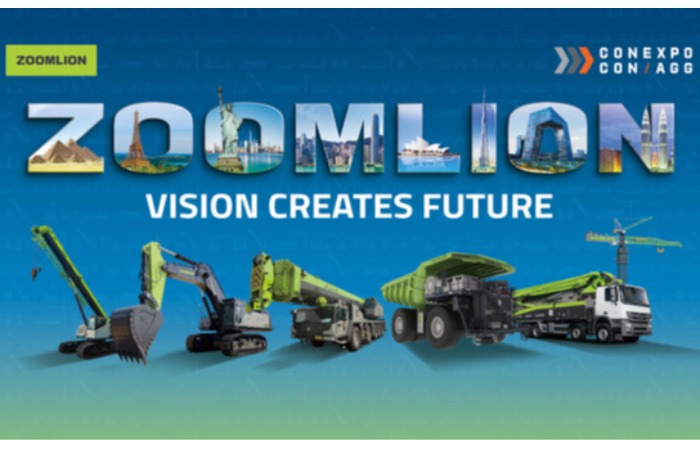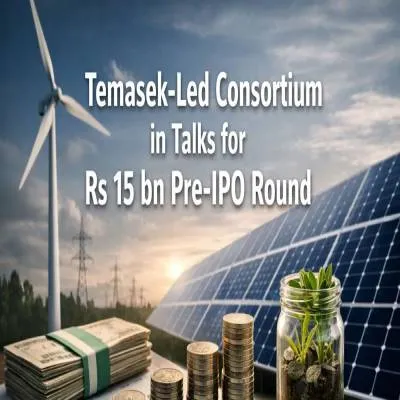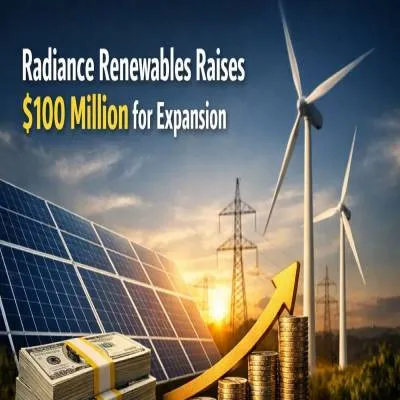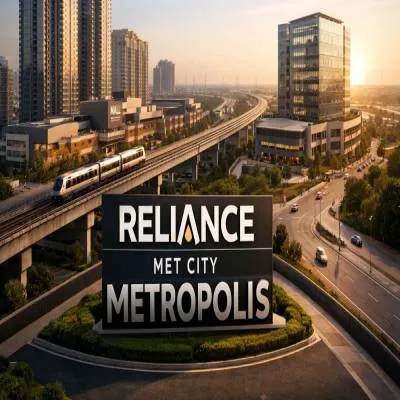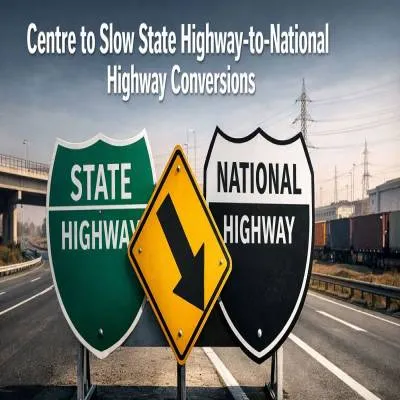Schedule a Call Back
Tata, MG Provide Free Charging and Battery Rentals to Attract EV Buyers
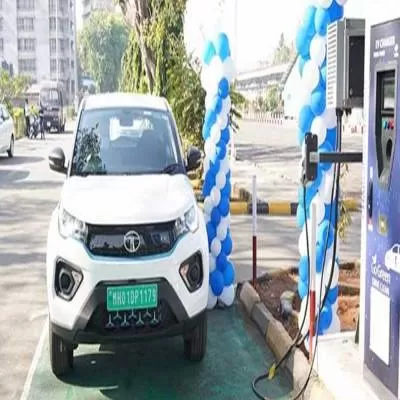 India's leading electric vehicle manufacturer, Tata Motors, is enticing consumers by offering free charging and substantial discounts. In contrast, MG Motor has introduced its inaugural battery rental plan as part of its strategy to boost sales of electric vehicles (EVs).
India's leading electric vehicle manufacturer, Tata Motors, is enticing consumers by offering free charging and substantial discounts. In contrast, MG Motor has introduced its inaugural battery rental plan as part of its strategy to boost sales of electric vehicles (EVs).
The use of EVs in India has surged in recent years, now representing 2 per cent of the country's annual sales of 4.2 million cars. However, recent sales growth has slowed, with analysts attributing this to high prices and inadequate charging infrastructure.
Satinder Singh Bajwa, Chief Commercial Officer of MG Motor, stated at the launch event for the company's new EV with a battery rental service—the world's first of its kind—that the aim is to make electric vehicles more affordable. He explained that consumers would be paying for the battery's usage in the same way they pay for fuel. MG Motor, a joint venture between India’s JSW Group and China’s SAIC, seeks to make one of the priciest components of electric vehicles more accessible to buyers. The "Battery-as-a-Service" plan is priced at 3.5 rupees (4 U.S. cents) per kilometre, with a mandatory monthly minimum of 1,500 kilometres (932 miles) to keep the initial cost low.
This kind of initiative is seen as crucial. For instance, Tata Motors, India’s largest EV manufacturer, sold only 4,086 EVs in August, a nearly 15 per cent decline from the previous year, marking a fourth consecutive month of annual sales decreases in the world’s third-largest auto market.
In anticipation of the festive season, when consumer purchases typically increase, Tata Motors announced a price reduction of approximately 10 per cent to 20 per cent on its Punch and Nexon models. Additionally, the company is offering six months of free charging at 5,500 stations operated by its power unit. Tata Motors described these price cuts and offers as a move toward mainstreaming EVs and accelerating their adoption, particularly bringing the cost of its popular Nexon model to around $15,000, making it comparable to its gasoline or diesel counterparts.
Despite a government push to promote clean cars, many Indians continue to prefer gasoline and diesel vehicles due to the sparse availability of charging stations. While sales of e-scooters have surged, driven by high demand from e-commerce companies, annual sales of electric cars remain below 100,000 units. This has not dissuaded companies like MG Motor, BYD, BMW, and Mercedes-Benz from launching their electric vehicles, often targeting India’s growing affluent consumer base.
The vehicle features a panoramic glass roof, reclining rear seats, six airbags, and one year of free charging at numerous stations.


Subscribe Now
Subscribe to our Newsletter & Stay updated
RECENT POSTS
Popular Tags
Folliow us

